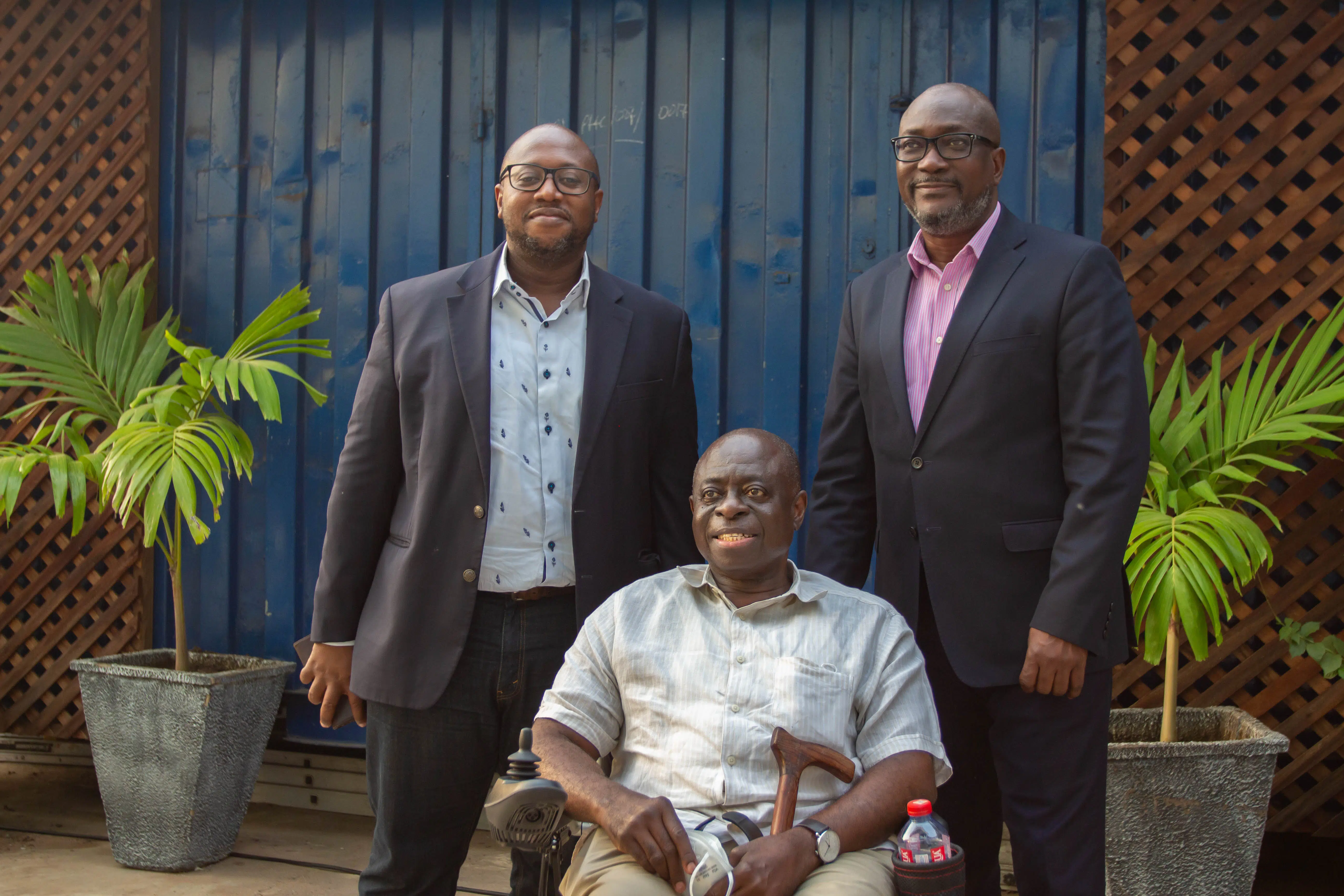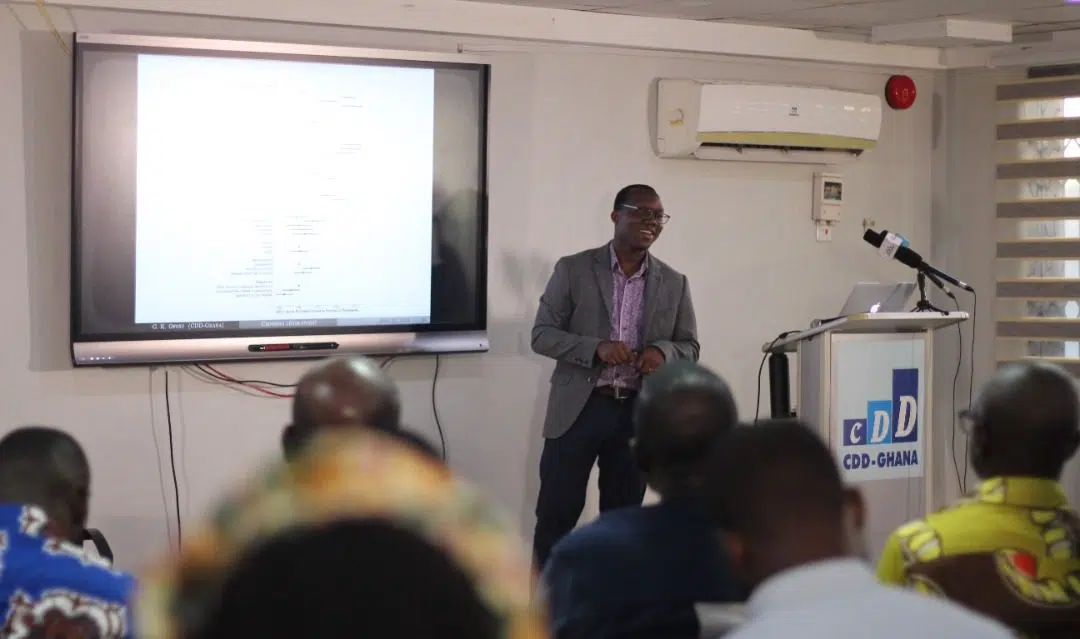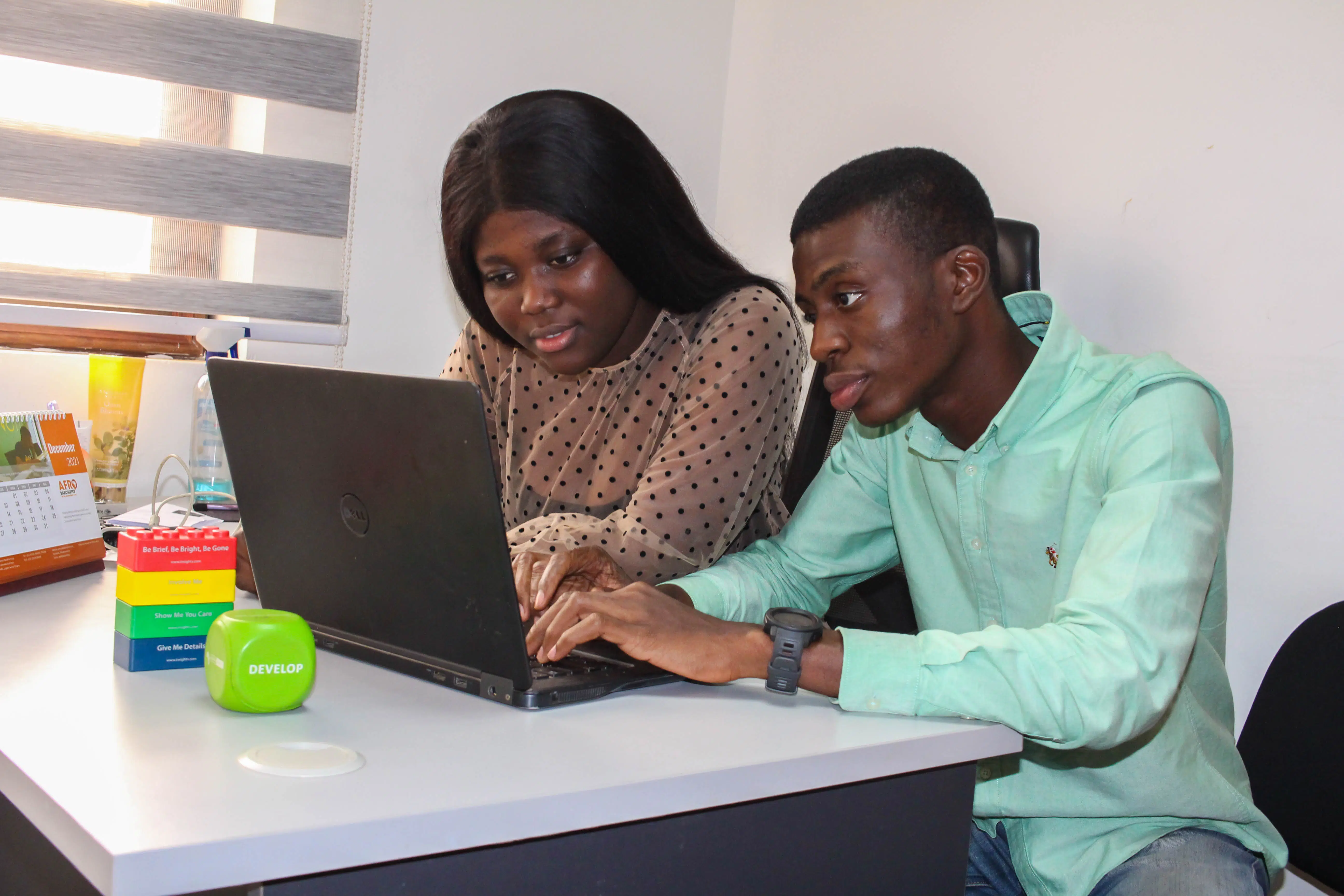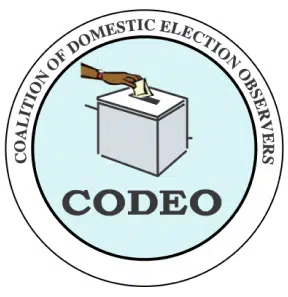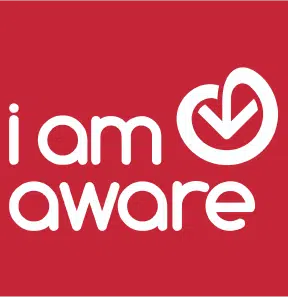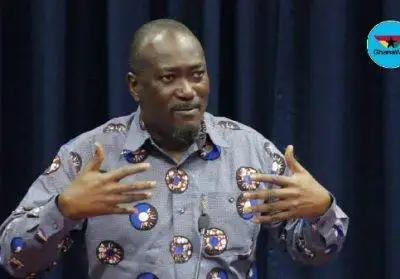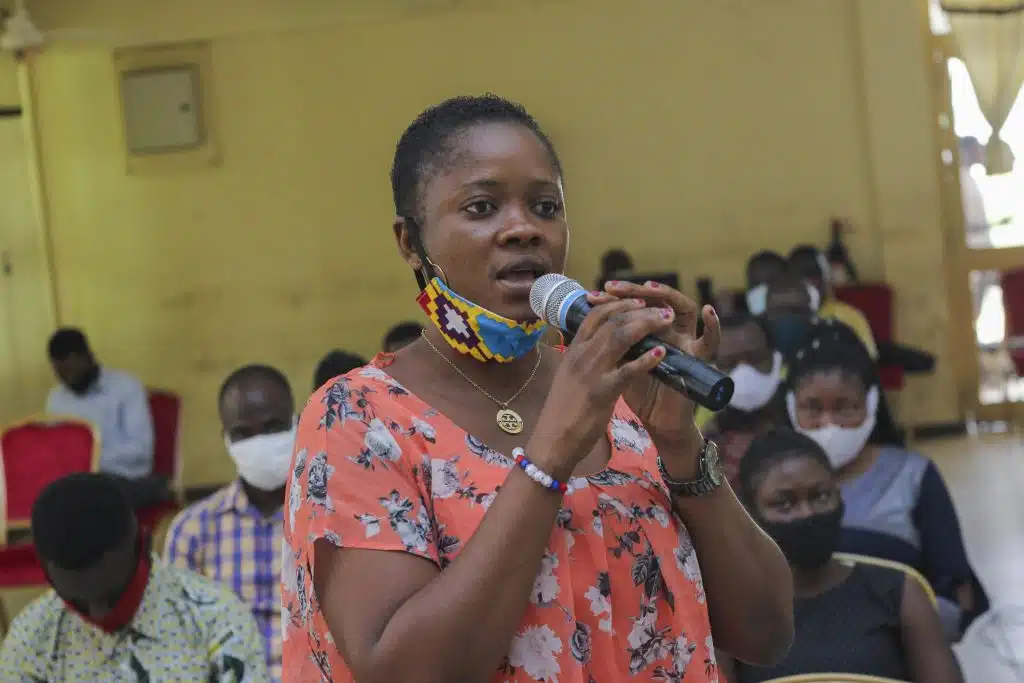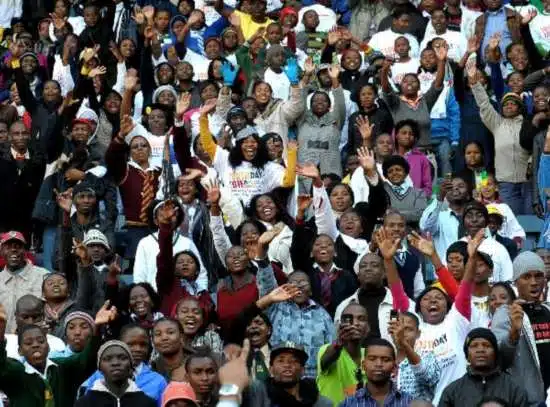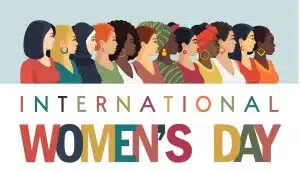*Featured image credit: The United Nations
The propriety of the Promotion of Proper Human Sexual Rights and Ghanaian Family Values Bill, 2021 (‘anti-gay bill’) has generated national conversations in the past few weeks. The anti-gay bill seeks, in a nutshell, to criminalise LGBTQ+ sexual relationships and associations. The bill also criminalises directly or indirectly, a wide range of other perceived non-heterosexual conduct, vestimentary habits and any advocacy for or in support of LGBTQ+ rights or persons. Some of the bill’s proscriptions also apply to non-LGBTQ+ persons.
In this piece, I shall catalogue the key arguments made by proponents of the bill and address them from a legal and governance policy perspective for the purposes of public education.
- Proponents of the bill argue in their memorandum to the bill that LGBTQ+ and related activities are not consistent with Ghanaian traditional and cultural values. Therefore, the clauses in the bill which place excessive restrictions on basic rights guaranteed by Ghana’s constitution such as the right to privacy, free expression, association, non-discrimination, personal autonomy, among others are justified.
Response: Under Ghana’s Constitution, culture is NOT used to determine whether rights are allowable. Rather, custom is assessed on the basis of whether it infringes rights guaranteed by the Constitution. Chapter 5 of the Constitution which guarantees basic rights and proceeds to provide the circumstances under which these rights could be restricted makes no provision for the restriction of rights on the basis of ‘traditional Ghanaian customs, beliefs and values’ (see Article 21 of the 1992 Constitution).
- In the memorandum to the bill, the sponsors of the bill argue that LGBTQ+ persons and related activities threaten the concept of family and the associated value systems that are central to the social structure of all ethnic groups in Ghana.
Response: Under Ghanaian law, LGBTQ+ persons are excluded from the institution of marriage [see Marriages Act, 1885-1985 (CAP 127)]. It is strange how anyone would suggest that they pose a threat to marriage and family life. Beyond this mere assertion, proponents of the bill do not demonstrate in what ways LGBTQ+ persons represent a threat to family or to marriage. All that LGBTQ+ persons ask, is to be left alone. How that constitutes a threat to family life is yet to be explained by the proponents of the bill.
- Proponents of the bill justify the restrictions placed on basic rights on the ground that rights are not absolute. Therefore, the rights of LGBTQ+ persons are ‘restrictable’. According to them, the State’s power to restrict rights is demonstrated in the passage of the Cybersecurity Act, 2020 (Act 1038) which permits reasonable restrictions on the right to privacy, and the Vigilantism and Related Offences Act, 2019 (Act 999) which proscribes the formation of groups for the furtherance of interests by the use of threat of violence or intimidation.
Response: Of course, rights are not absolute. But neither is the power of the State to restrict rights absolute. The State must show sound public interest or public policy justification for restricting a right. No such justification has been provided by the proponents of the bill for the excessive restrictions on the rights of LGBTQ+ persons and or persons who may want to advocate for the rights of this minority group. Under the 2 statutes cited (Act 1038 and Act 999), the public interest justification for the restrictions placed on rights to privacy and association is national security. For instance, in the case of the Vigilantism Act, our experience as a country has shown that if left unchecked, ‘vigilantism’ has the propensity to create far-reaching social chaos and disrupt public law and order. The violence that characterised the 2016 and 2020 general elections are enough proof of the need for such a law criminalising ‘vigilantism’. Unlike these two statutes which provide national security as a sound justification for the restrictions placed on the above-mentioned rights, the anti-gay bill provides no such grounds on public interest for restricting rights to privacy, free expression, personal autonomy, non-discrimination, association, etc.
- Proponents of the bill also justify it by expressing a public health concern. They cite a 2017 report of the Science Research Council which says that about 18.1% of people living with AIDS are men who sleep with men. They then proceed to single out LGBTQ+ persons and their activities for criminalisation.
Response: In citing this data, the proponents of the bill fail to realise that on its flip side, this very statistic means that roughly places four-fifths (81.9%) of persons living with HIV/AIDS cases bears no relationship to LGBTQ+ persons. They fail to demonstrate how LGBTQ+ persons infringe on the rights and freedoms of others or how the private sexual or amorous relations of mutually consenting adults of sound mind, whether heterosexual or same-sex, pose a public health threat. Instead of focusing exclusively on LGBTQ+ persons, proponents of the bill should concern themselves with the social costs and health consequences of all forms of sexual behavior—whether between heterosexuals or LGBTQ+ persons. The appropriate public policy response then is not to criminalise LGBTQ+ persons or their activities, but an intervention that ensures that all potentially sexually active persons, whether LGBTQ+ or heterosexual, are provided adequate and appropriate education on responsible sex or sexual behaviour as well as access to medical advice and care.
In a democratic dispensation where the rights of all persons, including social minorities, are guaranteed under the Constitution, any legislation seeking to target and single out LGBT+ persons or gay rights advocates for such unfair treatment further marginalises and victimises them and sets a dangerous precedent for the treatment of unpopular minorities in general. The proponents of this anti-gay bill need to understand that treating other persons unfairly does not guarantee equal justice for anyone.
 The writer is a legal and governance policy analyst at CDD-Ghana.
The writer is a legal and governance policy analyst at CDD-Ghana.
Email: n.opoku@cddgh.org




